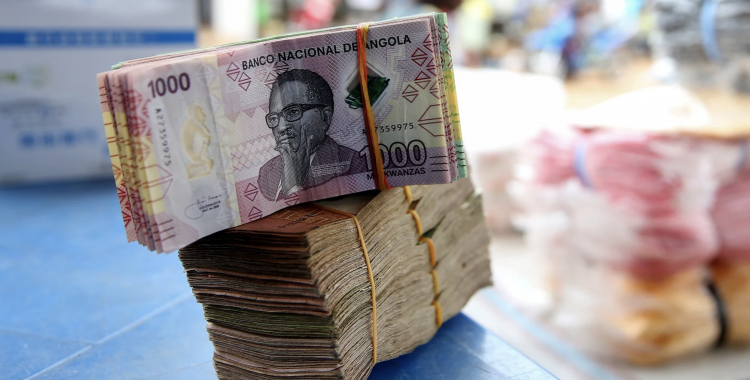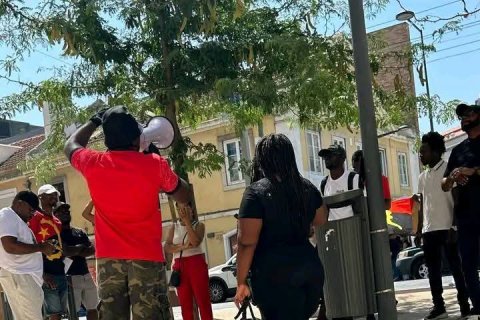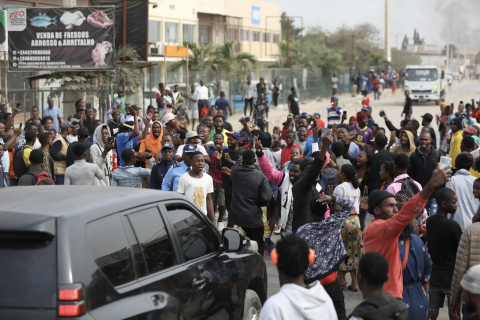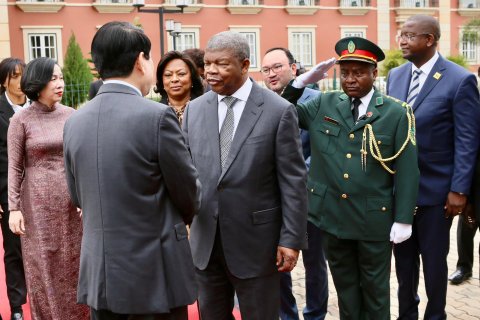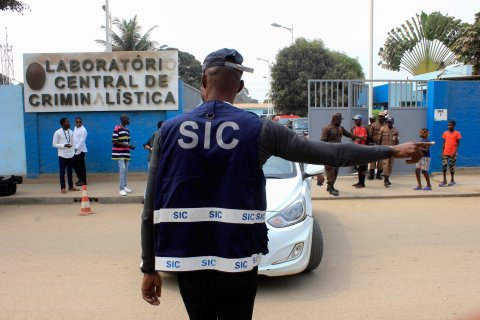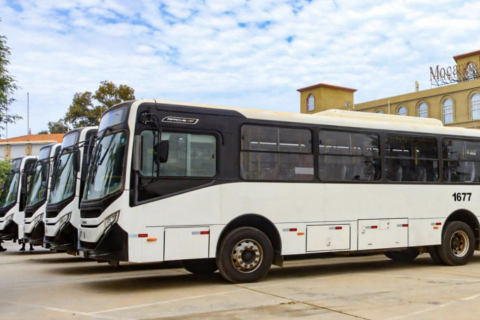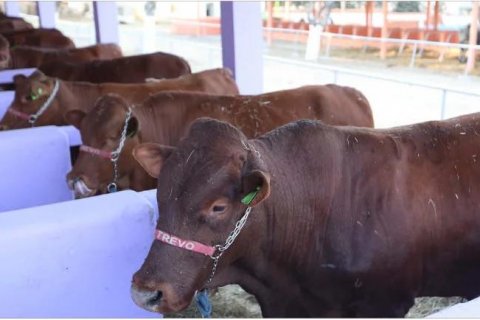Although 2023 was not easy internally for President João Lourenço, externally Angola managed to project itself onto a new diplomatic stage, with several international leaders expressing their desire to strengthen ties with the Portuguese-speaking country, including Luanda in the itinerary of visits.
World powers are trying to position themselves to gain – or maintain – influence in Angola, offering investment in exchange for access to the resources of the African country, rich in oil and diamonds and which is now also beginning to explore gas.
At the beginning of the year, with media attention still focused on the war in Ukraine, old partners such as China and Russia were represented in Angola, through their heads of diplomacy, Qin Gang and Serguei Lavrov, with the aim of deepening cooperation and remembering the bonds of friendship.
Angola – whose party in power since independence in 1975, the MPLA, was supported by the then Soviet Union in the civil war it maintained against UNITA for 30 years – initially abstained at the UN from condemning the Russian invasion of Ukraine, but ended up vote against annexation and has been calling on Russia to end the conflict.
This was followed in March by the visit of the kings of Spain, Felipe and Letícia, and the French President, Emmanuel Macron, while Portugal, striving to maintain its historical advantage over much more economically powerful partners, sent a high-level delegation which included the now outgoing Prime Minister, António Costa, and three ministers from his Government, culminating in an announcement to reinforce the credit line and the signing of more than a dozen cooperation agreements.
In the second half of the year, Angola continued to captivate global attention, shifting focus from Europe to South America and passed through Luanda almost at the same time the old Cuban allies, in the figure of Miguel Díaz-Canel, and Brazilians, with President Lula da Silva promising more cooperation and investment.
The United States, financing one of the most strategic projects in terms of transport for Angola, the Lobito Corridor, as well as renewable energy, were perhaps the most notable country this year for Angola.
Luanda received, in September, the Secretary of Defense, Lloyed Austin, before President João Lourenço himself met, last month, with his counterpart, Joe Biden, at the White House, enjoying the media dividends guaranteed by wide coverage of the public press.
However, if Angola stood out on an international level, captivating distinguished visitors from various quarters, on an economic level, the policies followed by Lourenço's executive were unable to stop the fall of the kwanza, which devalued by almost 40 percent, and the rise in food prices, mostly imported.
For the inflation slippage, whose initial target was to be between 8 and 11 percent, but in October it was approaching 17 percent, the gradual withdrawal of fuel subsidies also contributed to a highly unpopular measure and poor communication from the government team contributed to generating even more discontent.
The protests ended violently in Huambo, with at least five deaths of motorcyclists in clashes with the police, tarnishing the image of Angola that the executive has strived to present as a democratic state based on the rule of law, attractive for investment.
This year João Lourenço faced the first request for the dismissal of a President of the Republic, a political initiative by UNITA without much chance of success, taking into account the MPLA's parliamentary majority, but which marked the political agenda for the month of October and the parliamentarian 'return'.
The images released on social media – as Parliament cited a lack of conditions for the non-television transmission of the plenary session where UNITA wanted to discuss the motion – showed angry deputies, shouting "shame", after their colleagues from the majority bench rejected the creation of an eventual commission to discuss the accusation and dismissal process.
In the traditional speech on the State of the Nation, two days later, the President insisted on a dissertation lasting several hours and many pages, listing work done, including in the field of justice and combating corruption, highlighting the recovery of assets.
However, Angola continues to be unable to bring to court Isabel dos Santos, daughter of the former Angolan President, the target of legal proceedings in several countries, while the case of alleged corruption by the former boss of Sonangol and former vice-president of the Republic Manuel Vicente, was never heard from again.

